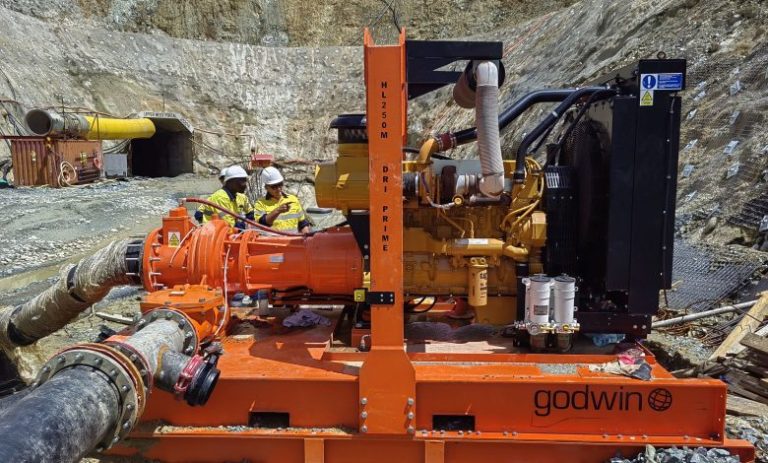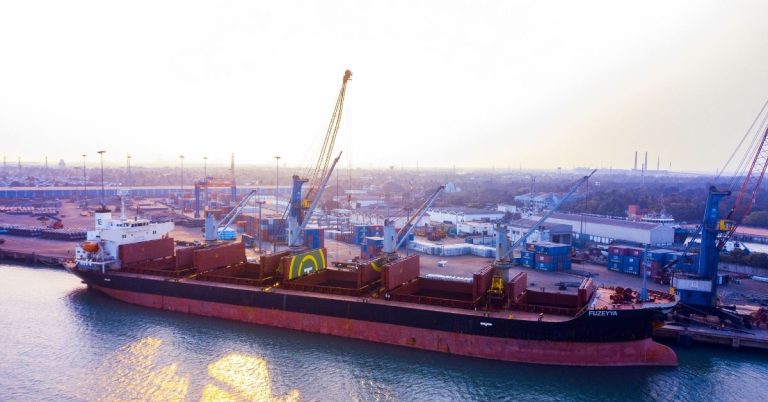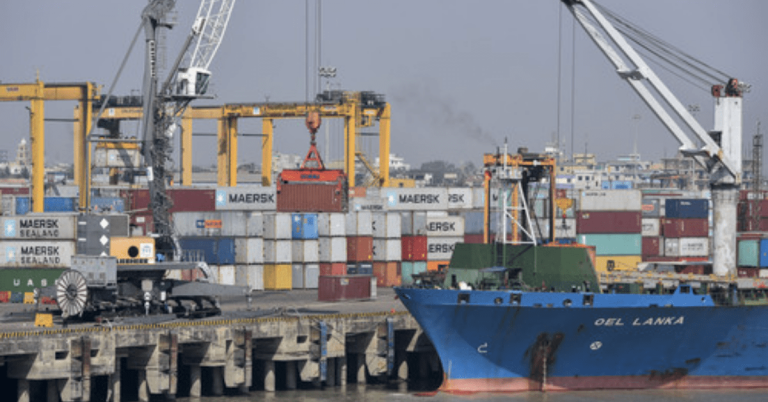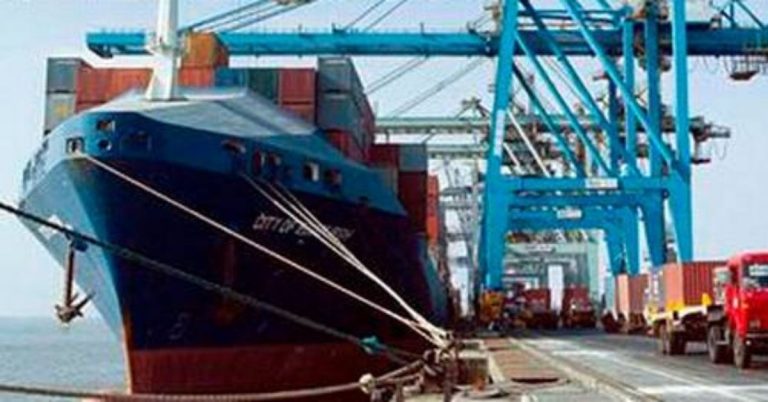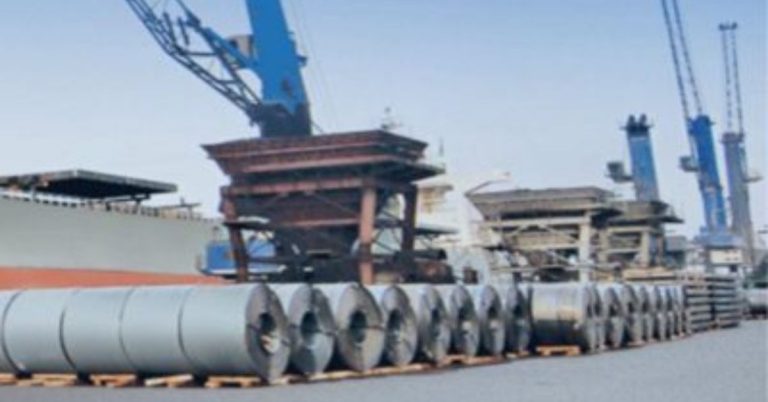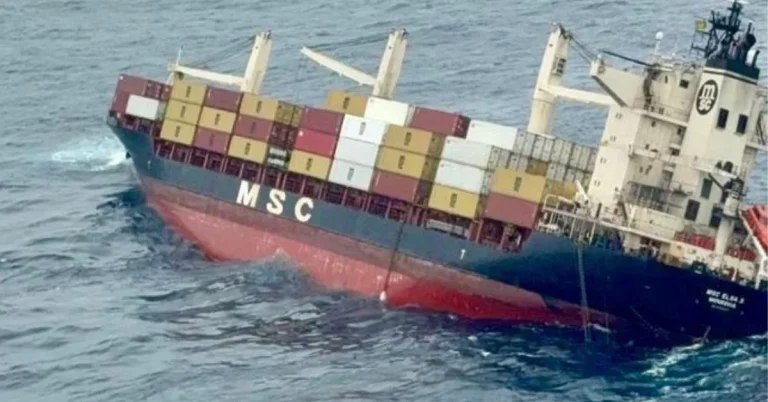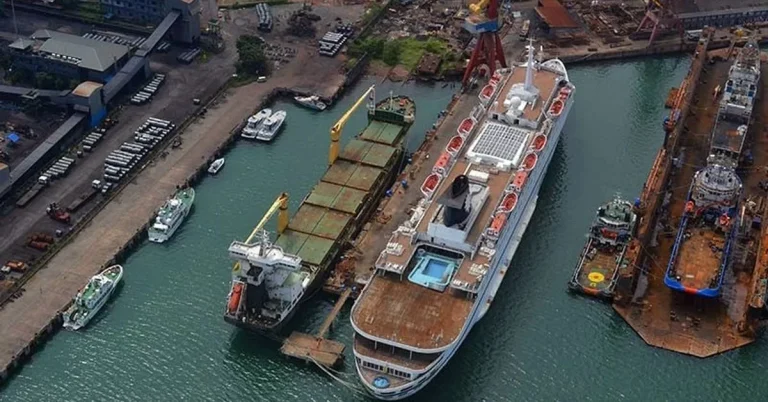Eswatini and Zimbabwe have signed a bilateral aviation agreement aimed at improving regional connectivity, even as Eswatini’s government-owned airline continues to rely heavily on public subsidies to stay afloat. The aviation accord, signed during the African-Indian Ocean Aviation Week conference held at Victoria Falls, was a highlight of the event and is expected to open a new route from King Mswati III International Airport to Harare, Zimbabwe’s capital.
Royal Eswatini National Airways Corporation (RENAC), formerly known as Royal Swazi National Airways, is the only commercial airline operating in Eswatini. It currently flies to just four destinations: Cape Town, Durban, Johannesburg, and now Harare. These limited routes mark a significant reduction in the ambitious goals announced when the airline was relaunched in 2022, replacing the collapsed Swazi Airlink. At the time, RENAC promised financial self-sustainability by the end of its third year, 2025—a goal that now seems far from reach.
This week, Eswatini’s Minister of Public Works and Transportation, Chief Ndlaluhlaza Ndwandwe, was called to appear before parliament to answer questions about the airline’s ongoing financial struggles. MP Mduduzi Matsebula challenged the government to ensure that taxpayers’ money is being spent wisely, questioning the long-term value of continued subsidies. According to the 2024 financial report, 83% of the airline’s revenue still comes from government funding, while only 17% is generated from passenger and cargo services.
Ndwandwe cited several reasons for the airline’s weak financial performance. These include operational challenges due to inconsistent regional aviation regulations, strong competition from larger, more established airlines, and economic uncertainties exacerbated by rising fuel prices. He expressed hope that bilateral agreements, like the one signed with Zimbabwe, could help ease some of these regulatory hurdles and boost international traffic.
Despite the ongoing financial drain, there are some signs of growth. Finance Minister Neal Rijkenberg reported that cargo volumes transported by the airline increased by 25% between 2023 and 2024, while passenger traffic rose by 34%, from 56,281 to 73,926 passengers. These gains have been attributed to better marketing and increased interest from local businesses in air freight services.
However, the airline’s dependence on public funding is still a major concern. In 2025, subsidies are expected to reach R395 million, up from R335 million in 2024. These figures do not include government spending on the King Mswati III International Airport itself. In total, taxpayers have spent R1.2 billion on RENAC over the past three years, with the airline serving approximately 190,000 passengers during that time—equating to a subsidy of R6,316 per passenger. By contrast, the cheapest one-way ticket from Eswatini to Harare costs just R2,867.
While the newly signed aviation agreement with Zimbabwe may bring some optimism about regional cooperation, it also highlights the stark financial realities facing Eswatini’s aviation sector. Unless the airline becomes more self-reliant, questions will continue to grow about the sustainability of this publicly funded venture.



